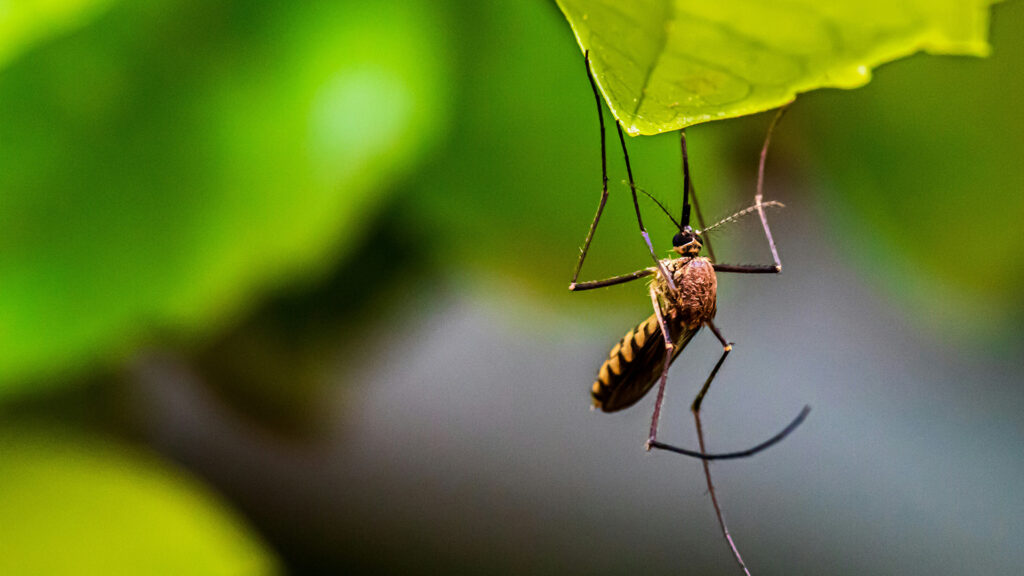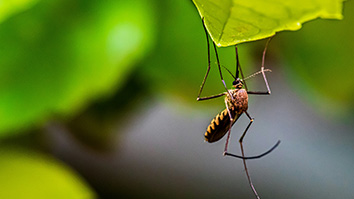
The injectable formulation is affordable and easily administered.
Almost 50 years ago, SRI created one of the first anti-malarial treatments (Halofantrine) and great progress has been made against a life-threatening disease that still effects hundreds of thousands of people per year.
But typically, treatments come as pills that must be taken daily or weekly. The costs of the medication can be a burden, and people often have trouble adhering to the treatment regimen because they miss doses or take the pills at the wrong time. The World Health Organization has reported that in part due to incomplete treatments, malarial parasites in some regions have developed resistance to multiple anti-malarial drugs, making them less effective.
Now, researchers at SRI are developing a new treatment that may provide a better option, particularly for people in low-income and rural regions.
Striving to provide affordable protection
Gita Shankar, Senior Director of the Pharmaceutical Sciences Lab at SRI, and her team are working on an affordable, shelf-stable anti-malarial drug formulation that could provide months of protection against the mosquito-borne disease with just a single injection, which means that individuals would no longer have to worry about missing a dose. What’s more is that it has a low propensity for resistance and can be effective where drug resistance exists.
“My dream is that we can finally eradicate malaria, and I believe we’re on the path to do that.” — Gita Shankar
“This is a golden nugget to help eradicate malaria,” Shankar said. “It can protect people for the entire malarial season without causing resistance.”
In a paper published earlier this year in the European Journal of Pharmaceutical Sciences, Shankar and her colleagues demonstrated that their novel injectable formulation could slowly release the anti-malarial drug ELQ-331 into the bloodstream. The formulation maintained high enough concentrations of the drug to act as a long-term preventative against malaria parasites.
Collaborating to develop a novel formula
The part of the drug that fights off malaria parasites was designed and synthesized by Professor Michael K. Riscoe and his research team at the Portland VA Medical Center and at Oregon Health & Science University (OHSU). Riscoe’s lab received funding for this study from the U.S. Department of Veterans Affairs, National Institutes of Health, and Medicine for Malaria Venture. The OHSU team found that developing a formulation that could remain in the body for an extended period was a big challenge.
“It was basically impossible to administer and sustain its effectiveness for a long period,” Shankar said. “My group’s expertise is in targeting drugs efficiently. We were able to develop a formulation that allowed this challenging molecule to be given in an injectable form and to be available in circulation for a sustained period.”
Shankar and the team at SRI developed a novel formulation that kept the drug in circulation in the body at effective levels for more than 80 days, working to prevent malaria.
Moving toward clinical trials
The drug is not ready to be tested in humans, but efforts to scale up manufacturing and efforts to test safety and efficacy are underway, Shankar said. If results confirm that the drug is safe and effective, then it could move into clinical trials.
“Current malaria prevention drugs have issues — resistance, patient compliance, cost, distribution — but we have high hopes that this drug can address these obstacles,” Shankar said. “My dream is that we can finally eradicate malaria, and I believe we’re on the path to do that.”
Learn more about our innovations in health.



